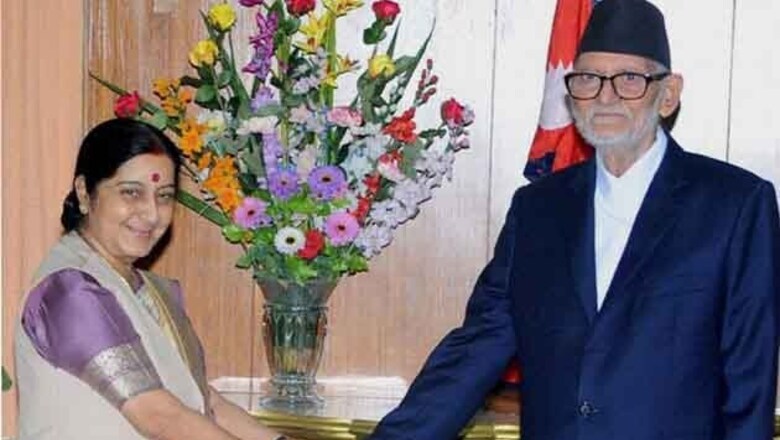
views
Kathmandu: As India makes efforts to deepen its diplomatic and economic engagement with its neighbours, Nepal on Saturday said there is a "historic opportunity" in taking bilateral ties with India to the "next level" and that it must be seized by both the countries.
Nepal's top leadership including President Ram Baran Yadav and Prime Minister Sushil Koirala during separate meetings with the visiting External Affairs Minister Minister Sushma Swaraj hailed efforts by India's new government to improve Indo-Nepal relations. Swaraj also met UCPN-Maoist chief and Leader of Opposition Prachanda.
Swaraj is in Nepal to chair the meeting of the Indo-Nepal Joint Commission which was held on Saturday after a gap of 23 years and to prepare for the two-day official visit of Prime Minister Narendra Modi from August 3 -- the first visit by an Indian premier in over 17 years. The late Prime Minister I K Gujral had visited Nepal in 1997.
The Nepalese leaders, in separate interaction with Swaraj, expressed their "happiness" and "excitement" over the initiative taken by India to bring new momentum in the bilateral ties while stressing on the need for stepped up engagement between the countries.
The leaders conveyed to Swaraj that they were really upbeat over Modi's planned visit which they think will bring the two countries "much closer".
Swaraj on Friday said Nepal stands high on the priority list of the Modi government and the testimony to it is her visit here within two months of assuming office.
Sources said there was visible excitement among the Nepalese leaders about India's initiative for closer ties with the Himalayan nation during their meetings with Swaraj.
The Spokesperson in the External Affairs Ministry Syed Akbaruddin described the meetings as "productive".
"In general if I have to encapsulate the views, there is a lot of excitement in Nepal about India's intention to reengage and reinvigorate the relationship. They are all looking forward to Prime Minister's forthcoming visit and all feel that this is a historic opportunity to move to the next level in terms of our engagement with each other," he said.
Koirala, who had his meeting with Swaraj at his official residence in Baluwatar, sought India's help and goodwill as Nepal moves forward on the path of development by drafting a new democratic Constitution.
"The Prime Minister has asked for India's cooperation, goodwill and support as Nepal moves towards democracy, political stability and development by promulgating the new Constitution," Prime Minister's Foreign Affairs Advisor Dinesh Bhattarai said.
Swaraj wished for good health of the Prime Minister and extended best wishes that Nepal would be able to conclude the peace process by promulgating a democratic and inclusive constitution within the stipulated time frame, according to Bhattarai. Koirala has just returned home from New York after spending nearly a month for treatment of his lung cancer.
"Koirala expressed gratitude to Prime Minister Modi for accepting his invitation to visit Nepal," Bhattarai said quoting the Nepalese prime minister, adding, "As Prime Minister of India is paying an official visit to Nepal after a long gap of 17 years, this will be a new beginning in our bilateral relations".
Koirala expressed happiness that Modi has begun a good tradition of focusing on India's neighbourhood by visiting neighbouring countries.
In her meetings, Swaraj talked about the civilisational relationship between the two countries based on shared cultural heritage and expressed resolve of her government to take the relationship to a new level.
Earlier on Saturday, Swaraj called on Nepal President Yadav at the Rashtrapati Bhawan in Sheetal Niwas.
She also met with senior political leaders of Nepal including UCPN-Maoist chief and leader of the main opposition Prachanda. She also met Chairman of Nepal's Constituent Assembly Subas Chandra Nembang and a number of Madhesi community leaders who apprised her about their problems.
As close neighbours, India and Nepal share a unique relationship of friendship and cooperation characterised by open borders and deep-rooted people-to-people contacts. There are six million Nepalese workers in India. Annually three thousand Nepalese are provided scholarships by India. There has been a long tradition of free movement of people across the border as Nepal shares a boundary of over 1,850 kms to the south with five Indian states.
The Joint Commission Meeting (JCM) was co-chaired by Swaraj and her Nepalese counterpart Mahendra Bahadur Pandey which largely agreed to further "reinvigorate" the relationship by stepping up engagement in new areas.
The meeting decided on setting up an Eminent Persons Group to identify new areas of cooperation and suggest measures to help both the countries seize all possible opportunities. Both the countries have agreed to the terms of reference for setting up of the group, government sources said.
The JCM also specifically deliberated on issues relating to defence and security and agreed to expand cooperation. The overall sense of the deliberation was that "security of both the countries was intertwined".
Foreign Secretary Sujatha Singh and a number of top officials from Ministry of Road Transport and Highways, Ministry of Power, Ministry of Commerce, Ministry of Water Resources and Ministry of Culture were the Indian delegation.
The discussions in JCM were held in five clusters - political, security and border issues; economic co-operation and infrastructure; trade and transit; power and water resources; and culture, education and media. Swaraj co-chaired the first cluster deliberation on political, security and border issues.
Before the Joint Commission Meeting, Swaraj had a separate meeting with Nepal's Foreign Minister Pandey. At the outset, Pandey warmly greeted Swaraj and hoped that her visit will help in further cementing ties with the two countries.
Even though the JCM took place after a long period, India has 25 bilateral mechanisms with Nepal where both countries have been interacting on a regular basis.
External Affairs Minister in the previous UPA government S M Krishna had visited Nepal in January 2010 and again in April 2011. Then Finance Minister Pranab Mukherjee had visited Nepal in November 2011.
The India-Nepal Treaty of Peace and Friendship of 1950 is the bedrock of the special relations between the two nations. Under the provisions of the treaty, Nepalese citizens have enjoyed unparallelled advantages in India, availing the facilities and opportunities on par with Indian citizens.
The treaty enabled Nepal to overcome the disadvantages of being a landlocked country. Overtime, many regimes in Nepal have raised the issue of revision of the treaty. India has maintained that it is willing to examine all bilateral arrangements with a view to further strengthening relations.
India contributes to the development efforts of Nepal by undertaking various projects in the areas of infrastructure, health, rural and community development and education. India continues to be Nepal's largest trade partner, source of foreign investment and tourist arrivals.
At present the annual bilateral trade is about USD 4.7 billion and India accounts for 47 per cent of FDI in Nepal.










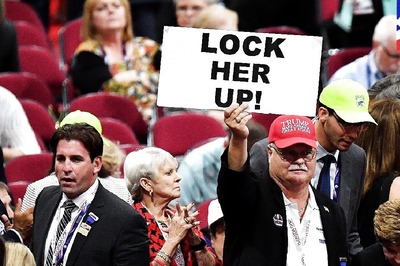
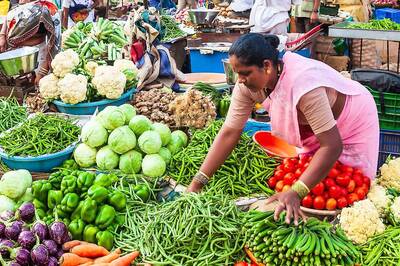
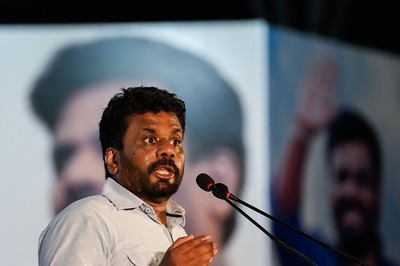
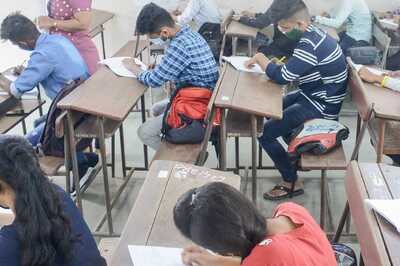


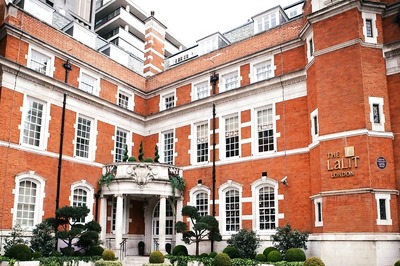

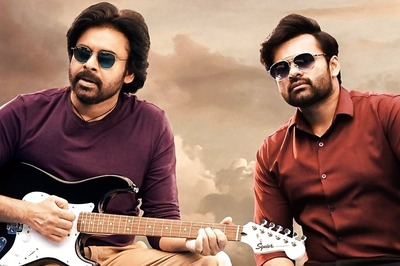

Comments
0 comment